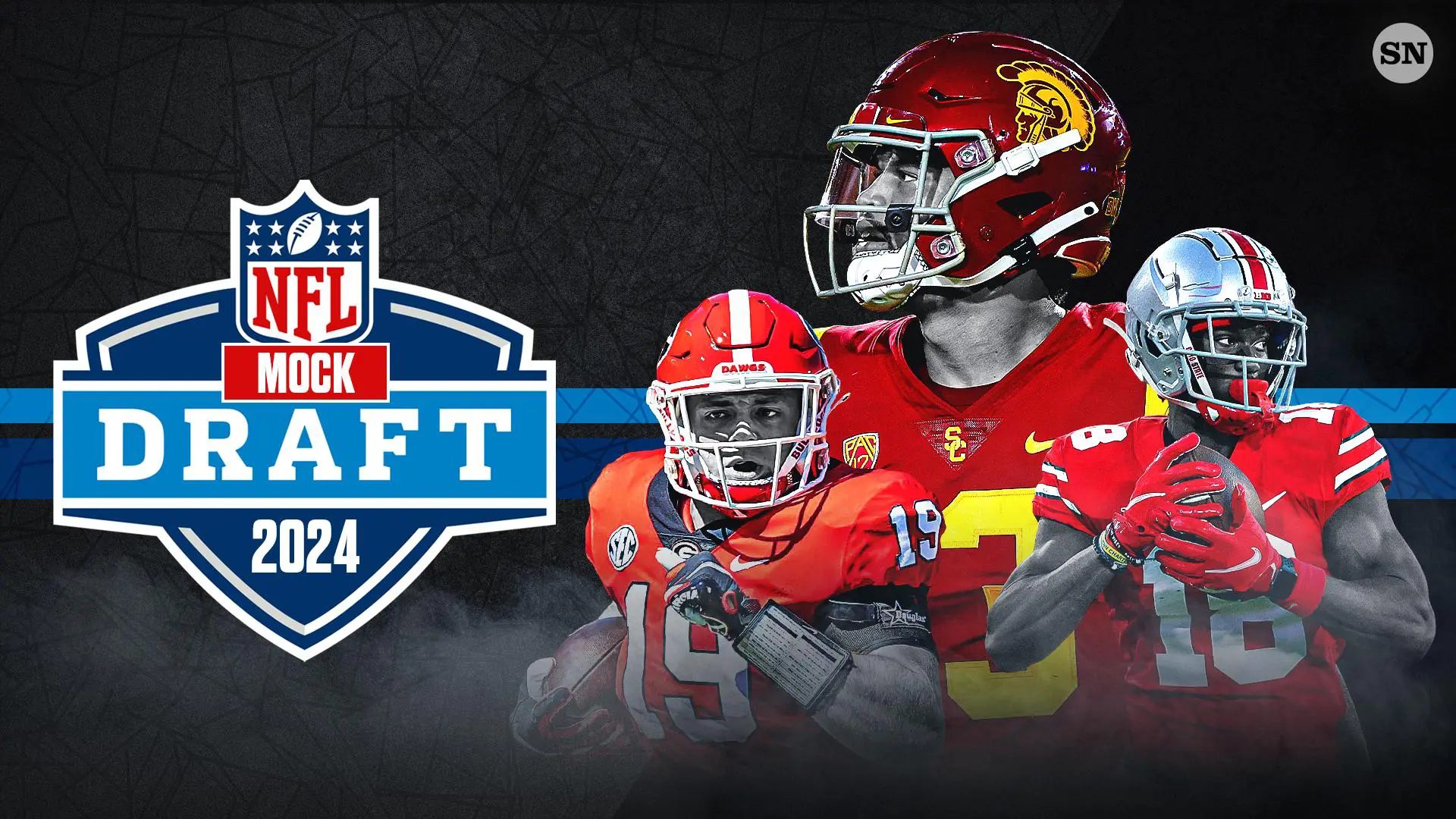How to Nail an Interview
|October 21, 2019
2 min read
Introduction:
Most hiring decisions are made within the first ten minutes of an interview, but you still have to be prepared. First impressions are critical, but being prepared for the entire interview is even more important. The following preparation is very unique and has been tried and tested over thousands of interviews we have arranged with our clients:
Things to remember:
- Be on time.
- Dress for Success:
- Wear nice shoes
- No flashy colors
- Wear an open-collared solid white dress shirt with solid blue sports coat. (Ties = desperation. Open collar = confidence)
- Easy on the perfume/cologne; don’t overdue the makeup
- Use specific examples of your success; prepare a few “mini-stories”
- Limit the accessories; no headphones!
- Interview the Client: Go on the offensive with questions; don’t let the interviewer take control.
- Research the webiste & company news; ask smart questions.
- The decision to hire is made in the first 5 to 10 minutes of the interview, with the remaining time spent justifying that decision.
Podcast: How to Nail that Interview
The Candidate Preparation:
Please take these notes to the interview and practice the anticipated questions that may be asked and your answers to those questions. Be sure to practice these steps out loud to yourself before the interview.
- What are the duties and responsibilities of the position I’m applying for? This is an excellent icebreaker question for the hiring authority and a great start to a successful interview. What percentage of my job is dedicated to administration, supervisory, and technical? (This should = 100%.)
- What is a “day in the life” of a __________ like?
- What are the production or sales goals? What obstacles would prevent me from reaching my goals?
- What made the previous person in this position successful AND unsuccessful?
- What are the short and long term goals set for the person in this position?
- Have questions for the hiring authority. Questions must be written out before the interview, while avoiding the topic of compensation and benefits for the first interview.
- Salary – this is a trap question. If the question is brought up, a very good response is “I would like as much as the position will pay” OR “I am currently making $_____. Although I would like an increase, I don’t know enough about the opportunity to answer that fairly.” NEVER ever give a specific amount because, if you do, you will be forever negotiating against yourself. It is our job to use third party leverage to negotiate your compensation. Be sure to keep in mind to include your base salary, potential bonuses, and benefits, etc in your “current compensation”, if this is asked by the interviewer.
After you leave the interview, it is very important that you call us immediately.



